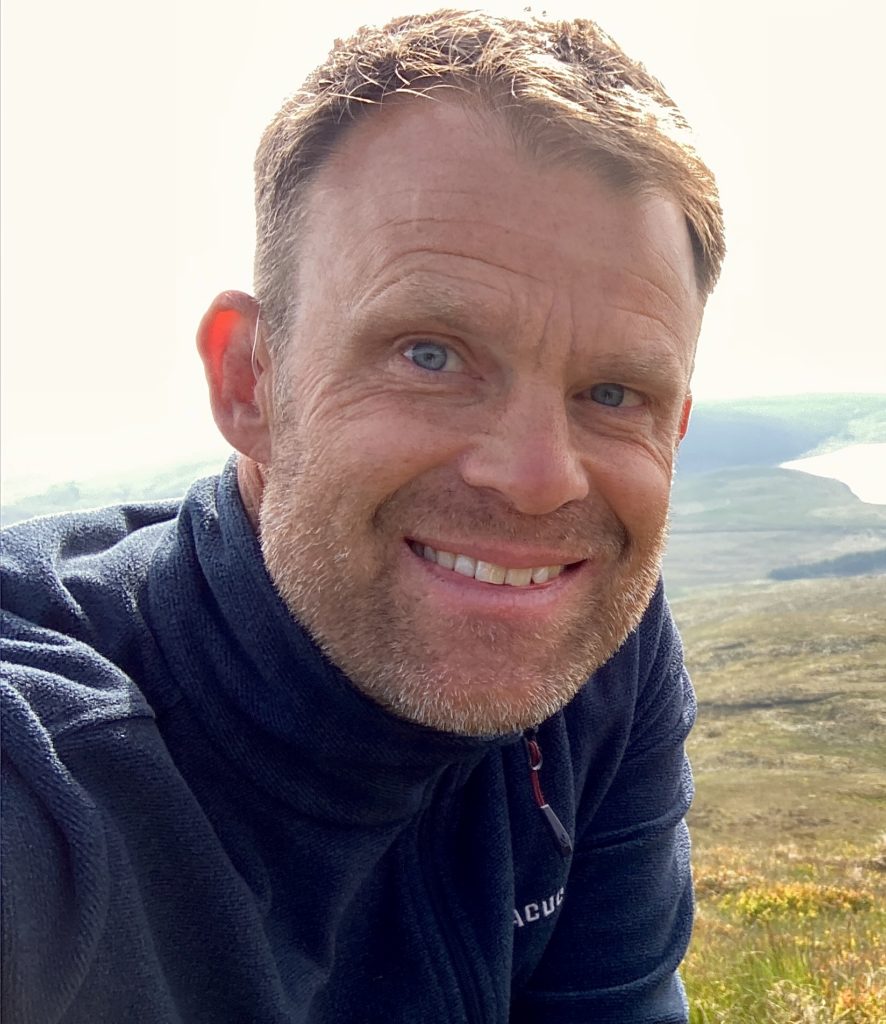
Photo by Nejc Soklič on Unsplash
Referring to Dr Liam Anderson’s post on doctoral supervision, I’d like to write a few words on how I see our continual aspiration to generate greater levels of quality in our practice within the GSSPP. This is important as we seek to support the students with whom we work, but also in our quest to develop as professionals in our field. As Liam alluded to, making sense of our practice through discussion and collaborative reflection is central to our work. This has inspired recent thoughts around the interplay between tacit and explicit knowledge and how this is at the core of our development.
Tacit knowledge refers to unspoken knowledge that we may find difficult to articulate; for example, we may know how to bowl a cricket ball but be unable to explain exactly how in explicit terms. Other elements of what we do are easier to describe, such as how we plan a coaching session or an academic lecture. When considering expertise, the notion that explicit intention should necessarily be articulated, is somewhat at odds with previous conceptualisations of expertise, which are often characterised by an ability to engage in intuitive behavior that draws upon tacit knowledge. The expert coach who makes a split decision based on gut feeling, the musician who improvises with seemingly no thought, the athlete who adapts in the moment, acting on impulse.
However, I am increasingly drawn to an assertion made by Birch (2016, p.245) who suggested that “skills are intentional actions”, where our decisions are guided by explicit knowledge and intention that can be clearly articulated, maybe not in the moment, but when challenged to do so. Whilst intuitive behaviour is often crucial in the heat of the moment, and quite rightly characterizes expert performance in many fields, a reliance on intuition, where we resist any attempt to explore why we are successful (or not), may allow the expert tag to remain but limit our levels of expertise. In other words, if left unexplored, tacit knowledge fails to increase our expertise but rather keeps us where we are. After all, it feels safe when asked why we did something, to shrug and say, “that’s just what I do, it works so why change it”. However, let’s avoid becoming the guru who uses mysterious, magical ways that can’t be shared. If, instead, we encourage experts to move beyond a fixed state, by making sense of tacit knowledge, we are likely to see an unlimited generation of expertise.
Rendering tacit knowledge explicit is not easy, it requires time and sometimes uncomfortable reflection. In the GSSPP, we find that reflective conversation, amongst trusted peers is a great way to enable this process, that will hopefully drive expertise.

P.F.Garner@bham.ac.uk
